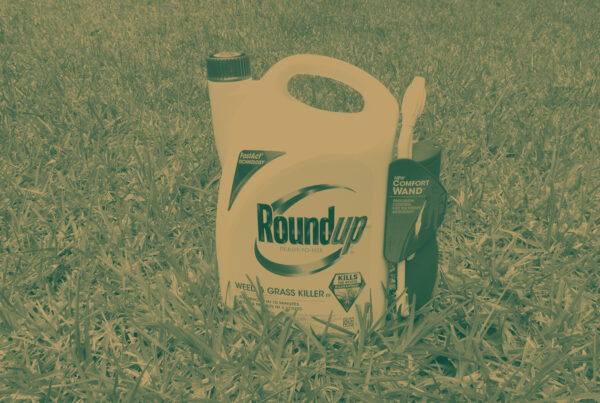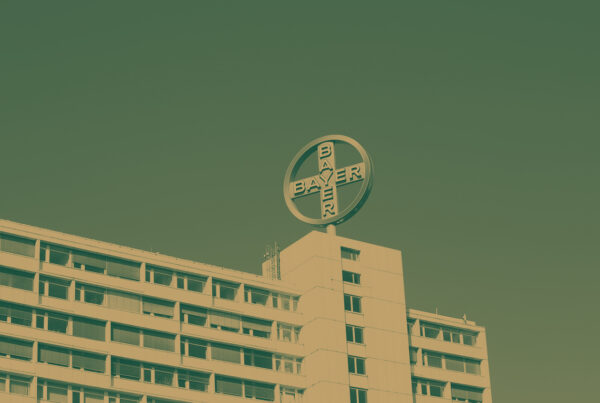Originally posted on Wall Street Journal by Adrià Calatayud and Jared S. Hopkins
Bayer shares fell sharply after the company stopped a late-stagestudy for a blood-thinning drug early because of lack of efficacy and was told topay $1.56 billion in a lawsuit relating to its Roundup weedkiller.
Bayer said late Sunday that it discontinued a Phase 3 clinical trial to test itsexperimental drug asundexian for prevention of stroke and systemic embolismfor patients with the heart-rhythm disorder atrial fibrillation.
Disclosure of the halt came after a Missouri jury found in favor of plaintiffs whoblamed Bayer’s Roundup weedkiller for causing their cancers. It was the fourthdecision in a row to go against the company, which had earlier achieved nine
straight victories preceded by other losses over the course of a five-year legalbattle.
Shares in the German pharmaceutical-and-agricultural group fell nearly 18%lower to 34.01 euros, levels last seen in 2009.
The news also drove a selloffof more than 4% of shares in Bristol-Myers Squibb,which is developing a similar drug that is also in late-stage testing. Both drugsare part of a new class of blood thinners, known as Factor XIa inhibitors, thataim to keep people’s blood from clotting too much while at the same timereducing the risk of strokes.
Citi analysts estimated the class could generate more than $55 billion in 2035.
The success of the drugs hinges on whether they can prevent strokes and othercardiac events more effectively than available treatments, including Eliquis fromBristol and partner Pfizer and Xarelto from Bayer and Johnson & Johnson.
Both Bayer and Bristol advanced their compounds into late-stage studies after mixed results in earlier studies.
In January, Bayer projected that asundexian’s peak sales could top 5 billioneuros, equivalent to around $5.46 billion, and become its biggest growth driveramong its pharmaceuticals.
Bayer’s pharmaceutical division is set to face significant challenges after thefailure of the trial, given that asundexian was expected to help the businessreturn to growth following the loss of exclusivity for blood-thinning medicationXarelto and eye drug Eylea, Barclays analysts said in a research note.
The decision to stop the trial was based on a recommendation by theindependent data-monitoring committee of the study after asundexian showedinferior efficacy relative to apixaban, which was the control arm of the trial,Bayer said.
Bristol is studying its drug, called milvexian and developed with Johnson &Johnson, in several trials, including for the prevention of stroke in patients with a trial fibrillation.
Analysts at Citi said they expect Bristol will soon end its own study, because theefficacy bar is too high for the studies. The analysts said they remain optimisticthat the drugs may be effective in other indications.
Bristol remains confident in the development of milvexian, and that the drug’sdevelopment program is different from compounds from other companies, aspokeswoman said.
Milvexian sales could reach $1.6 billion by 2030 and generate peak sales of about$5 billion, according to JPMorgan Chase analysts.
Bayer maintains that Roundup and its main ingredient, glyphosate, is safe to use.
The company is weighing options to overhaul its corporate structure. ChiefExecutive Bill Anderson said earlier this month that a separation of either itscrop-science or consumer-health divisions are among the options the companyis looking at.
Write to Adrià Calatayud at [email protected] and Jared S.Hopkins at [email protected]
Corrections & AmplificationsThe success of the Bayer and Bristol drugs hinges on whether they can preventstrokes and other cardiac events more effectively than available treatments. Anearlier version of this article incorrectly said “hinders” instead of “hinges.”(Corrected on Nov. 21.)






